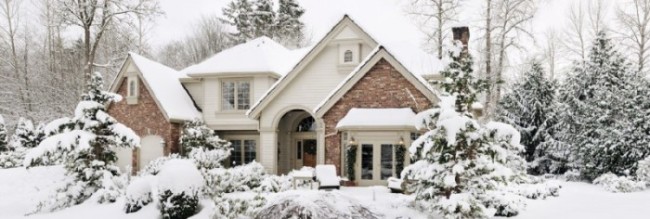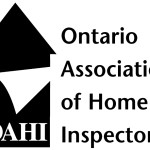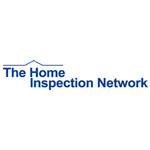
The coziness of a warm home in winter can help you forget about the shorter days and slippery roads. With the thick snow and ice blanketing your home it can certainly be a challenging time to do repairs. However it is still important to follow a maintenance schedule throughout the year and will certainly benefit you in the winter. These guidelines can help you weather the winter season with a well-maintained home.
Furnace
The furnace is the mechanical heart of the home and an absolutely necessity to be working well throughout the winter. Have your furnace serviced and cleaned by a qualified technician. This reduces the likelihood of unexpected breakdowns and extends its life. Change the furnace filter if you haven’t already in the last three months.
Fireplace
The radiant heat from a fireplace makes even the coldest winter days tolerable. They can also be very dangerous if not serviced regularly. Whether it’s a wood or gas fireplace, make sure it’s inspected and cleaned by a qualified professional every year. For a wood burning appliance, a WETT certified technician is required.
Stop Drafts
Air leaks at windows and doors are most noticeable during the winter. Weather stripping is inexpensive and will both increase your comfort, while decreasing your heating costs. Also take a close look at your attic hatch insulation and weather-stripping. To improve your hatch please follow our directions on Sealing & Insulating Your Attic Hatch.
Exterior Vents
There are a number of exterior vents around your home for bathroom/kitchen exhaust fans, HRV intake and exhaust, dryer, furnace, water heater, and gas fireplace sidewall exhausts. Remove any snow from these areas to reduce the likelihood of being obstructed.
Snow
Remove any large amounts of snow that are close to your home’s foundation. When shoveling snow from your driveway and walkways avoid piling it next to the house. In the spring the snow will turn into water and may end up in your basement. Also remove any excessive snow from your roof.
Plumbing
If you haven’t already done so, turn off your outside hose bibs inside the house and open up the exterior faucet. Then bleed the pipes using the bleeding valve on the interior shut off. Also use this time to inspect your plumbing for any leakage or excessive corrosion.
Smoke & CO Detectors
Check smoke detectors, fire alarms and carbon monoxide detectors and replace batteries to ensure they are operating properly. Also check the expiry date on each of these devices and replace as necessary.
Prepare for Emergencies
Long power outages and snow-ins can occur during winter months, so take a moment to prepare your family for such emergencies. Stock up on the following items to make sure you make it through safely.
- Flashlights
- Bottled water
- Blankets
- Nonperishable food items
- First-aid kit


